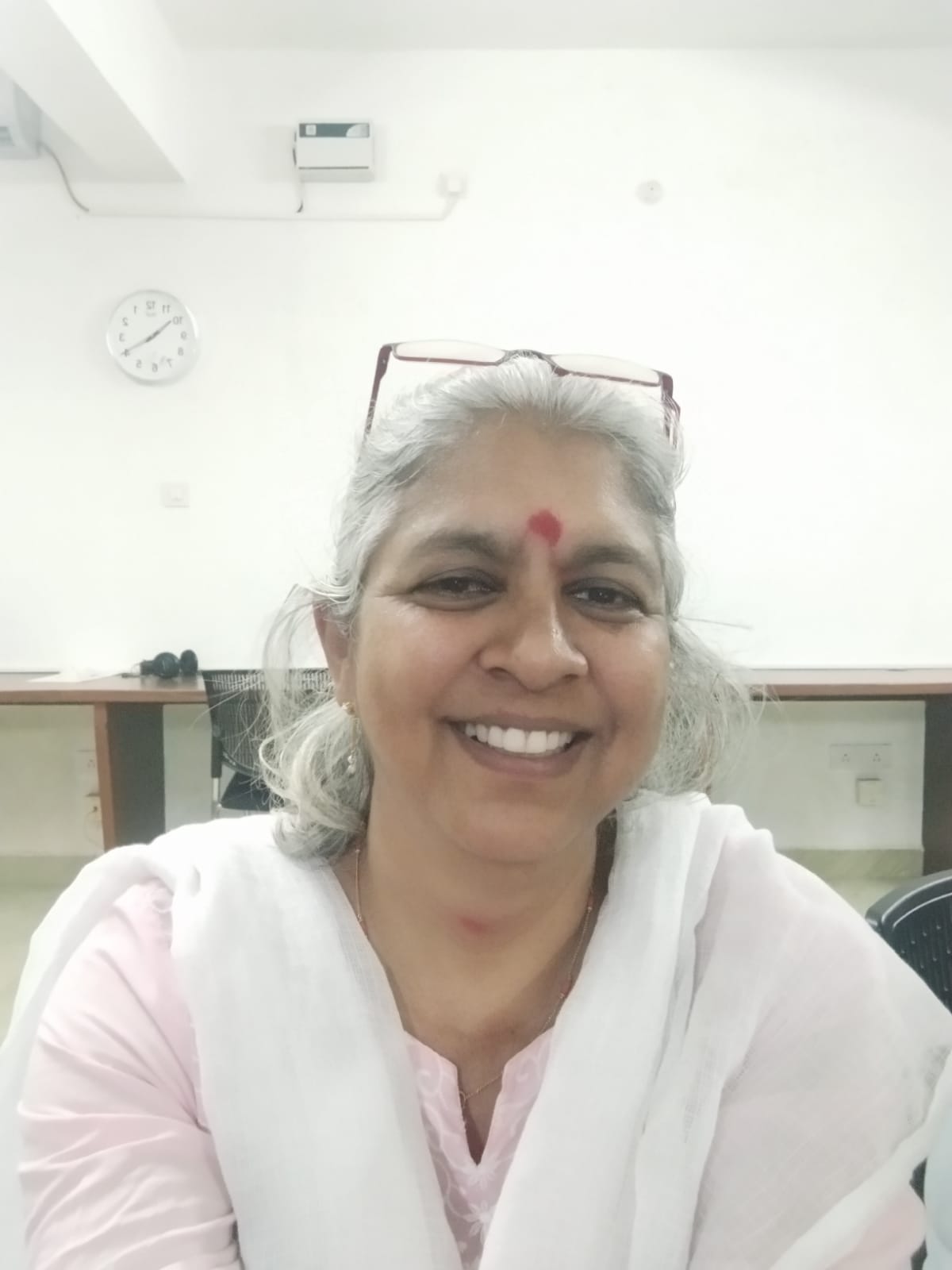.webp)
 Sreelatha Menon
Sreelatha Menon
What is it that unites us as human beings and what are those things that separate us? These questions are not difficult to answer as each of us including this writer has been conditioned since birth to place different people in different categories.
The names of the categories may change but the alienation created between man and man does not.
These questions often stare at me especially when I am in a classroom as a teacher. Lines from some stories or poems swim in my brain and various responses from the students echo long after the class is over. At times, these worry me about the future and sometimes reassure me of the same.
The most recent instance was while reading a poem called Strange Meeting…by the British poet Wilfred Owen. The poem recounts a meeting of two dead soldiers in hell, and one of them wishes he were still alive to tell the world of the futility of wars. The two soldiers turn out to be from enemy camps, one the killer of the other. And yet on the other side of life, they know no enmity.
But is death necessary to unify us? Can human beings realise their oneness while on this earth and enjoy the beauty and joy of life as one species?
It seems this is not possible, for with each passing day the world continues to be broken into fragments as Tagore once said.. it does not take much more than a misleading campaign or a hateful comment on social media for our "clear stream of reason" to lose its way into the "dreary desert sand"’ of the "dead habit’’ of hatred.
The caste system was a result of a certain kind of thinking which became a pattern over generations so that certain groups of people began to seem different from certain others.
Similarly, the divide among Hindus, Muslims, and Christians is nothing but a pattern of intolerant and bigoted thinking that has to be broken.
How can this pattern be broken? Can a fresh humane approach to fellow beings help in this? Is Hinduism so fragile that friendship and fellow feeling towards other communities would erode it?
Or is Islam or Christianity so weak that a hand of friendship extended towards another community like Hindus or Jews erodes them?
The focus of Awaz-the Voice has been towards breaking a pattern of divisive thinking by injecting stories about mutual understanding between Muslims and Hindus, of the sharing of spaces by the two communities.
When my friend Aasha Khosa suggested I write for this digital magazine I was curious about their interest in writing stories about minority communities and people facing alienation.
I was surprised at one of the earliest stories I wrote for Awaz-the Voice about an educational institution run by a Muslim scholar that offered courses in Upanishads and Puranas to its Muslim students. Subsequently, I met many Muslim scholars who have been doing research in Vedantic studies and also teaching the subject in universities.
While I wrote only a couple of stories on the matter, I came across so many people who were scholars of Vedanta and the Koran and did not see any difference between Hindus and Muslims. Those unwritten stories still exist in me.
Journalism is about believing that each drop of water goes to making an ocean of change. No written word is futile especially if the intent is pure.
The fight against the phenomenon of othering in society in the name of religion, caste, language, or colour must go on despite the opposition this may face. Music, dance, literature, and cinema have so far brought people of different communities together. There are many other things people in India share as Indians.
ALSO READ: ATV’s nuggets of history helped change perception of Hindu-Muslim equation
As a contributor, I have been looking for stories of harmony and sharing between Hindu and Muslim communities and these have been eye-openers for me, especially in a world where there seems to be little that offers hope of a tomorrow where future generations would enjoy the beauty of earth as much as we and our ancestors did.
The author is an independent writer and also teaches in a School in Andhra Pradesh
